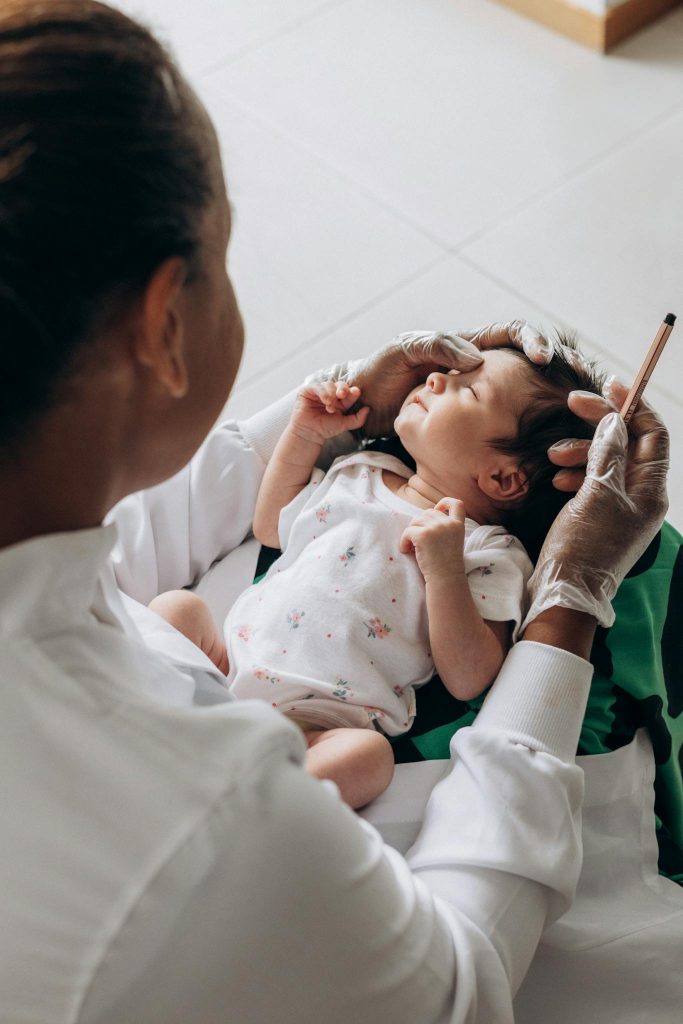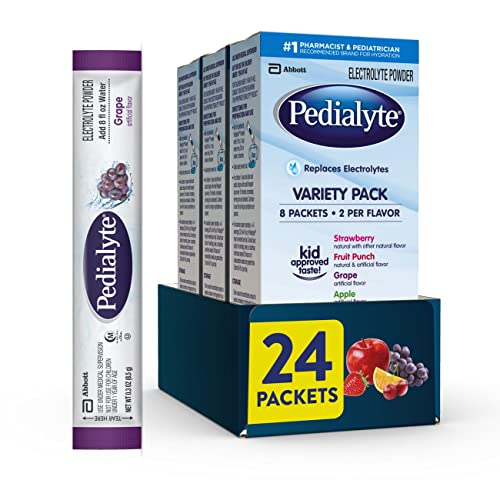20+ Must-Have Products for Baby’s First Cold: 2025 Essential Guide

When your baby catches their first cold, being prepared makes all the difference! There are so many products for baby cold symptoms, it can be overwhelming. According to pediatricians, infants catch an average of 8-10 colds in their first year alone.
I see many stressed parents in my office with their little one’s first cold – but having the right tools on hand can transform a stressful experience into a manageable one. I’ve put together a list of the best products for baby. Let’s explore the essential products that pediatricians and experienced parents swear by for managing those challenging first sniffles!
This post may contain affiliate links, which means I’ll receive a commission if you purchase through my links, at no extra cost to you. Please read full disclosure for more information.
Essential Cold Care Products for Baby
Thermometers allow you to know if your baby has a fever. That’s important to know when to panic, and if your baby can attend daycare.
So many people cringe with the idea of sucking out their baby’s snot with a nose-frida, but it works wonders! Use the electric option if you can’t do it the old fashioned way (by mouth).
Saline is my favorite product of all the baby care products. Even if you can’t suction your baby’s nose, the saline will loosen the snot and help to open the airways by cleaning the nasal passage and loosening the cough.
- Digital thermometer:
- Medical-grade accuracy
- Flexible tip for comfort
- Quick-read capability
- Multiple use options (rectal, armpit, oral)
- Backlit display for nighttime
- Memory feature for tracking
- Forehead options for sleeping babies
- I like the accuracy of an ear thermometer
- Nasal aspirator options:
- Electric nasal aspirator
- Bulb syringe
- NoseFrida-style suction devices
- Replacement filters
- Easy-clean features
- Gentle suction strength
- Saline solutions:
- Preservative-free drops
- Spray for older infants, drops for younger infants
- Individual-use vials
- Natural saline composition
- Different size options
- Proper concentration for infants
- Saline wipes for gentle cleaning
Comfort and Symptom Relief Products for Baby
They always say that “sleep is the best medicine” and that is only possible when you have the right products for baby. Keeping them comfortable with fever reducers and using humidifiers to help with their airway can help sleep happen easier.
- Humidifiers:
- Cool mist options
- Easy-clean design
- Quiet operation
- Auto shut-off
- Appropriate room coverage
- Filter requirements
- Chest rubs and essential oils:
- Baby-safe formulations
- Natural ingredients
- Proper dilution
- Application guidelines
- Age restrictions- pay attention to labels
- Storage requirements
- Fever reducers:
- Age-appropriate medications
- Tylenol only over 2 months, ibuprofen over 6 months
- Proper dosing tools
- Temperature tracking apps
- Storage solutions
- Emergency supplies
- Administration accessories
- Weight based Ibuprofen dosing guide
- Weight based Tylenol dosing guide
- Remember- any fever in an infant under 2 months must be seen in the emergency room!
- Age-appropriate medications
Sleep and Positioning Aid Products for Baby
- Crib wedges and elevators are not advised for infants, but elevating your baby in a supervised bouncy seat can help them sleep for their naps.
- Sleep sacks and wearable blankets:
- Temperature-appropriate weights
- Proper sizing
- Zip features
- Washing instructions
- Safety standards
- Mobility considerations
- Baby loungers:
- Supervised use only
- Proper positioning
- Cleaning requirements
- Safety features
- Support areas
- Portability options
Hydration and Feeding Support
Hydration is one of the most important aspects of health in your baby. By hydrating, the mucous will stay loose to suck it out and allow them to cough and sneeze it out. If your baby is dehydrated, the snot is sticky and hard to move.
- Bottle sterilization equipment:
- Microwave sterilizers
- Electric sterilizers
- Cold sterilizing solutions
- Drying racks
- Travel options
- Cleaning tools
- Electrolyte solutions:
- Age-appropriate formulations
- Proper concentration
- Flavored options
- Storage guidelines
- Serving sizes
- Administration tools
- Feeding accessories:
- Medicine dispensers
- Slow-flow nipples
- Cleaning supplies
- Storage containers
- Temperature indicators
- Comfort feeders
Clean Air and Environment
Keep those germs cycled out of the home with air purifiers to prevent more illnesses in your household. I always like the easy wipes and sprays to kill those germs that are already there.
- Air purifiers:
- HEPA filtration
- Noise levels
- Room size capacity
- Filter replacement schedule
- Energy efficiency
- Maintenance requirements
- Sanitizing supplies:
- Surface cleaners
- Toy sanitizers
- Fabric sprays
- Natural options
- Quick-dry formulas
- Safe ingredients
Shopping and Storage Tips
It’s the worst when you know what you need, but can’t find it! Keep your supplies in a certain spot that can easily be reached by adults.
- Organization systems:
- Medicine storage
- Supply accessibility
- Temperature control
- Expiration tracking
- Emergency kits
- Travel solutions– travel sized options
- Cost considerations:
- Essential vs. optional items
- Insurance coverage
- Generic alternatives
- Bulk buying benefits
- Subscription services
- Reward programs
Being prepared with these essential products can make managing your baby’s first cold much less stressful! Remember, you don’t need to buy everything at once – start with the basics and add as needed. Keep this guide handy while creating your cold care kit, and don’t forget to check expiration dates regularly. Have questions about specific products? Your pediatrician is always the best resource for personalized recommendations!
See this link to manage pediatric emergencies. https://justaskjennp.com/pediatric-medical-emergencies/
For more information on what to do when your baby has a cold, see this site https://www.webmd.com/children/identify-child-cold-symptoms





















